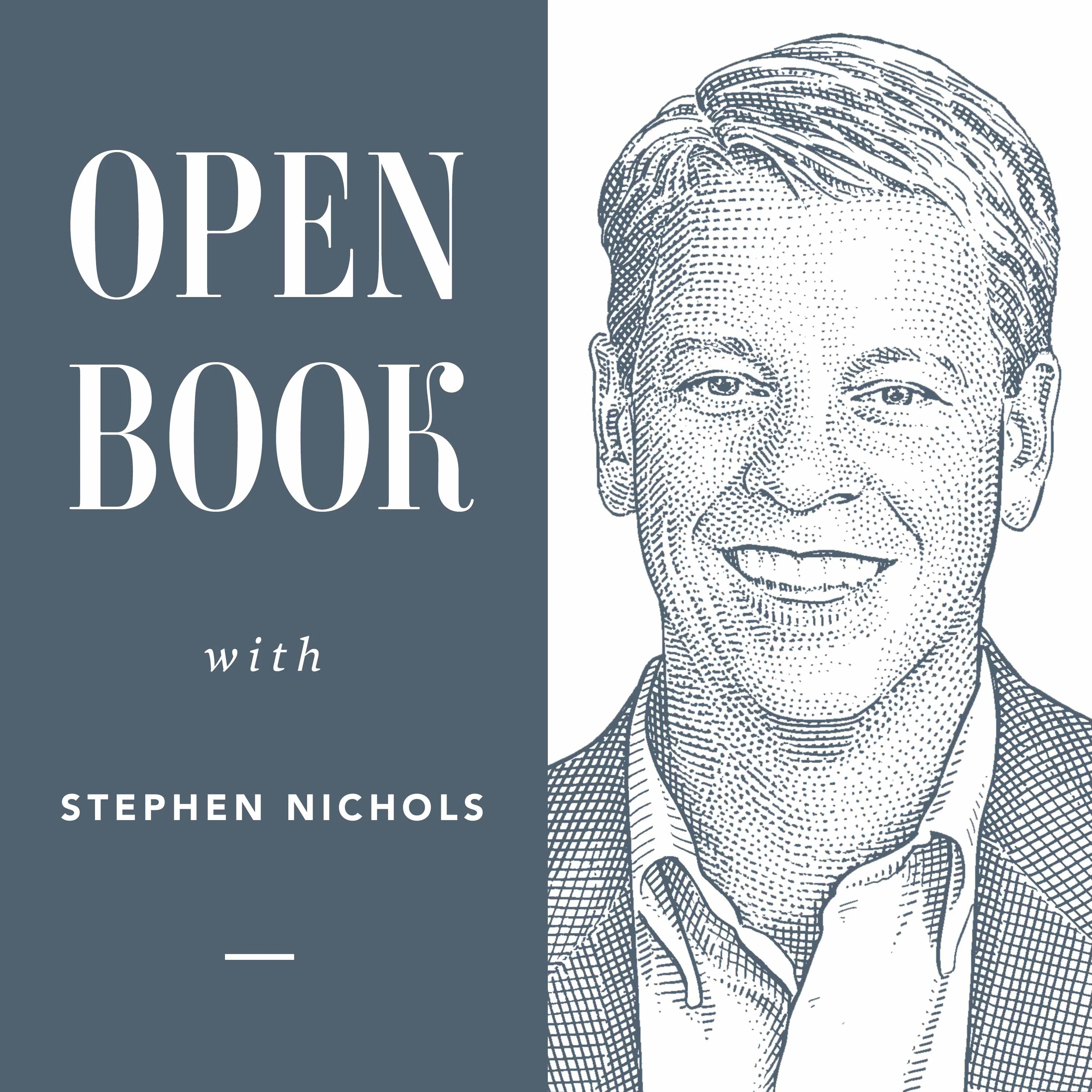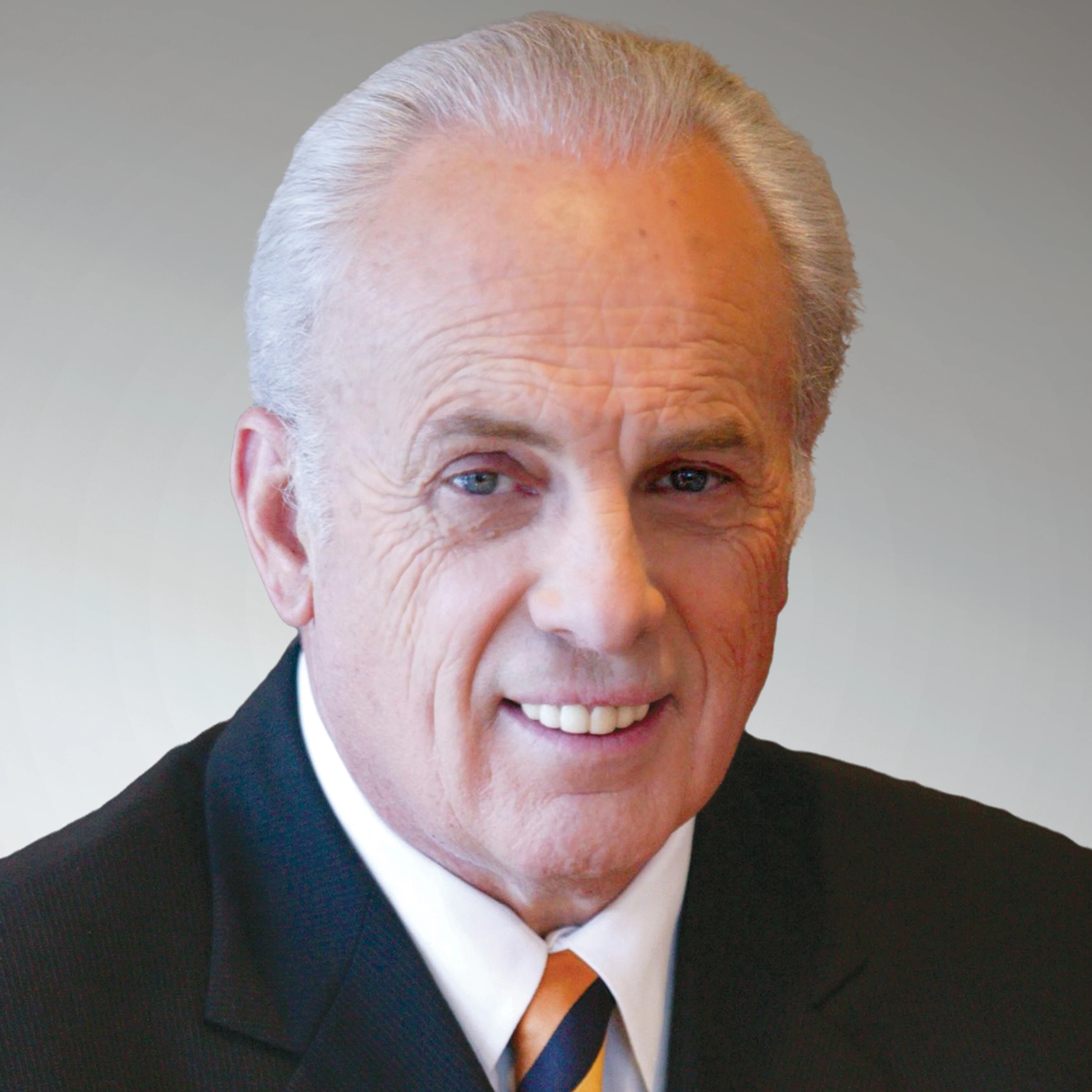John MacArthur on Bennett’s The Valley of Vision

On this final episode of season two of Open Book, Stephen Nichols and John MacArthur discuss a collection of Puritan prayers that reflects true, pure, elevated worship.
STEPHEN NICHOLS: Dr. MacArthur, it's been really great to spend this time with you in your office talking about books that have influenced you. A few times you've taken us back to the Puritans, and I think you're going to take us back there again for this last book that you want to talk about.
JOHN MACARTHUR: Yes, it fell into my hands a number of years ago, and the title is The Valley of Vision by Arthur Bennett. It is a compilation of Puritan prayers. You don't know whose prayer you're reading.
NICHOLS: They are not attributed. Right. They're just in there.
MACARTHUR: They're in there, and they're not attributed at all. But, again, my life is a combination of many things, and we started talking about The Existence and Attributes of God.
NICHOLS: By Stephen Charnock.
MACARTHUR: We discussed how your view of God is the foundation of everything. And we talked what it means to really worship, thinking deeply about the Word of God, and having elevated worship. As part of elevated worship, I was always concerned about the superficiality of prayer that I heard in churches. I didn't hear what I had come to understand was the priestly role of the shepherd in preaching. I'm the prophet, and I bring the Word of God to the people, but in praying I'm the priest, and I take the people before the Lord and lift that congregation into His presence. I always saw that priestly role as that intercessory role, and I struggled week after week after week to take that pastoral prayer. I didn't want to pray about broken legs and hospital visits and all of that. There's a place for that in the body of Christ, and that's well covered as believers care for each other. But my role as a priest in lifting people before the Lord was challenging to me.
I was struggling to not be repetitive because I'm praying every week, every week, every week, every week, year after year. I started praying the Psalms, and I still do that even to this day. I'll read a Scripture and then pray back through it. That's pretty typical every Sunday. Whatever passage of Scripture we read—and we do read the Word in the service—I pray back through that Scripture, but I needed to enrich those prayers. So I found The Valley of Vision, and I began to read those and take portions of that very powerful, rich verbiage and incorporate it in my priestly pastoral prayer. So, it was more than just prayers that I read. It was prayers that found their way into my praying for this congregation. I would tear up books of Valley of Vision, tear the pages out, take them into the pulpit, and underline the section that I wanted to include in the prayer. It was interesting because people began to hear a praying at a much richer and theologically deep level. You know, “familiarity breeds contempt” is a truism. When you preach to the same people for fifty years, you're very easily trapped into saying things the same way, and that doesn't move the needle spiritually because it's just too familiar. So, what this book provided for me was being able to speak about the same great truths and finding fresh language to say it. I used it for years and years until it was embedded in me and I set it aside, and then every once in a while, even to this day, I'll pull some of those prayers out and incorporate them in my prayers. It eventually led to a book that my kids had published, where they took my prayers from those Sundays, selected them, and did a book on the prayers that they heard me give in the pulpit. My kids did that. People asked me to publish those prayers and I said, “I'm never going to do that, because those are prayers.” So my kids who are now adults and don't have to do what dad tells them to do, had that book printed and it's very much in the flavor of both Valley of Vision and praying through the Scripture.
NICHOLS: Yes. They're delightful. You can just go back to them. In my mind, I’m thinking of something you said in terms of talking about the doctrine of God, talking about worship through some of your desire as a pastor to lead this congregation into true, pure, biblically-faithful worship. It also has to do with that proper view of ourselves. And we don't have a lot of prayer of confession in our churches.
MACARTHUR: No. A really important insight, Steve. No.
NICHOLS: And this has it, The Valley of Vision.
MACARTHUR: That's where you're driving at. In the contemporary millennial church, do you think anybody's going to confess anything, or anybody's going admit anything? I mean it's all, “God loves you the way you are, and isn't life wonderful?” And, “You can be successful.”
NICHOLS: You're fully accepted.
MACARTHUR: Yes, “You're accepted the way you are.” There's no brokenness. There's no penitence, there's no heart-sickness. But those prayers are full of that because that's how people need to pray. Yes, absolutely right. We are a throwback church. We are an anomaly church. We talk about this all the time. We do things—going back to the first book we talked about—the way the New Testament sort of lays it out, and then we're still doing it this many years later. I think one of the amazing blessings in our church is that we take in about one hundred new members a month, and we think about 80 percent of them—a little more maybe—are thirty and under. Every single month, and it's been that way for ten years.
NICHOLS: I think we seem to realize this too. Where are we? We're right next to Burbank. We were just miles away from Hollywood, and here you are.
MACARTHUR: They don't want any of it here. Yes, they don't want any of that. They can get all of the entertainment they want somewhere else. They don't need it here.
NICHOLS: How can you compete when you have Universal Studios right down the road and Disney? So you're here to just bring this congregation before the presence of the holy God.
MACARTHUR: We don't want to make it as much like the world as possible. We want to make it as much like heaven as possible.
NICHOLS: That's great. Well, The Valley of Vision, these wonderful Puritan prayers by Arthur Bennett, and we've had quite a few Puritans pop up here.
MACARTHUR: I think, Steve, somebody told me that that book has stayed in print or at least for a while because our bookstore and our Grace books, maybe Ligonier does too, distribute so many of them.
NICHOLS: That's great.
MACARTHUR: I hope that's true. I mean, I hope it's still in print.
NICHOLS: It is. It's still in print and multiple editions that people can also buy multiple copies, rip the pages out, and just take them with them.
MACARTHUR: Right. That's what you should do, get a paperback one.
NICHOLS: Just rip the pages out.
MACARTHUR: And get a leather-bound one if you can find one.
NICHOLS: That's great.
MACARTHUR: We give them as gifts, by the way, to donors at Grace to You, leather-bound copies of The Valley of Vision.
NICHOLS: Well, this has just been a delight talking to you. You've written so many books. Your books have influenced so many people and your preaching and just the faithful exposition of God's Word that shows up from the pulpit, the printed page, and over Grace to You, and for us to just spend a little bit of time to peel back into that foundation behind all of that ministry. This has been delightful. Thank you.
MACARTHUR: Well, thank you. It is for me because I have so much respect and love for you personally to start with, but secondly, you understand and have drawn out of me, how these books actually are not just, "Oh, that's a book I like," but these are life and ministry-shaping books.
NICHOLS: Books really can influence us. They do.
MACARTHUR: Yes, that's right.
NICHOLS: And that's why we need to read good ones and put good ones in front of people.
MACARTHUR: Right. Every faithful Christian should be an avid reader of good books.
NICHOLS: This has been a delightful time. A great season of Open Book, and thank you.
MACARTHUR: You're welcome. My pleasure.
Transcript lightly edited for readability.
Recent Episodes
Augustus Nicodemus Lopes on Renewing Your Mind
June 27, 2024|Theologians
Augustus Nicodemus Lopes on Pearcey and Thaxton’s The Soul of Science
June 20, 2024|Apologetics
Augustus Nicodemus Lopes on Ridderbos’ Paul: An Outline of His Theology
June 13, 2024|Biblical Theology
Augustus Nicodemus Lopes on Lloyd-Jones’ Preachers and Preaching
June 6, 2024|Christian Classics
Augustus Nicodemus Lopes on Spurgeon’s Lectures to My Students
May 30, 2024|Christian Classics
Augustus Nicodemus Lopes on Packer’s Evangelism and the Sovereignty of God
May 23, 2024|Christian Classics

